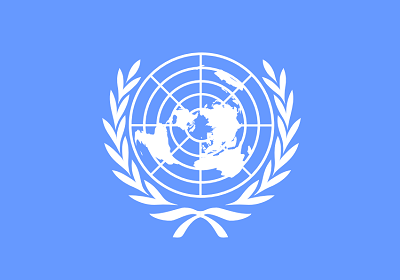 There┬áare many reasons why skeptics might find fault with the 17 Sustainable Development Goals, along with 169 associated targets, which the leaders of the world (including the pope) will adopt, with some fanfare, in New York this week. One problem, as a colleague has written, is that they are simply too numerous. As the French statesman Georges Clemenceau expostulated in 1919, when presented with Woodrow Wilson’s “14 points” for a new world order, “le bon Dieu n’en a eu que dix”, ten
There┬áare many reasons why skeptics might find fault with the 17 Sustainable Development Goals, along with 169 associated targets, which the leaders of the world (including the pope) will adopt, with some fanfare, in New York this week. One problem, as a colleague has written, is that they are simply too numerous. As the French statesman Georges Clemenceau expostulated in 1919, when presented with Woodrow Wilson’s “14 points” for a new world order, “le bon Dieu n’en a eu que dix”, ten
A different critique was put forward recently by a representative of the Bahai faith, which originated in 19th century Persia but is now flourishing in smallish pockets throughout the world, while facing persecution in its homeland. At a gathering of envoys from 24 faith groups that assembled in the English city of Bristol this month to present to a UN representative their responses to the challenges of the SDGs, one of them, Daniel Perell, said of the UN manifesto that lays out the new goals: “In Agenda 2030, words like selflessness, sacrifice, love, compassion, duty, generosity and charity are entirely absent”. He also stressed that Bahais had a natural role in advancing the UN’s ideals because of their belief in the unity of mankind and their devotion to public education.
The gathering at which he spoke was a reminder that the UN, for all its secular origins and ethos, is increasingly having to pay attention to what its jargon calls faith-based organisations or FBO, even if the tone of the dialogue can be blunt at times. Roughly paraphrased, their messages were along the lines of: we do a lot of this stuff (health, education, poverty relief) anyway; we generally agree with you but we have a different way of measuring human welfare; we may have different guiding principles (and we ask you to respect ours) but we will still need to work together. Among the projects presented at the meeting, co-organised by the Alliance of Religions and Conservation, were the building of a wall of sustainable forest by the Shinto of Japan as a buffer against tsunamis; and efforts by Indonesian Muslim NGOs to make Islamic pilgrimage more planet-friendly.
For the full story visit The Economist
